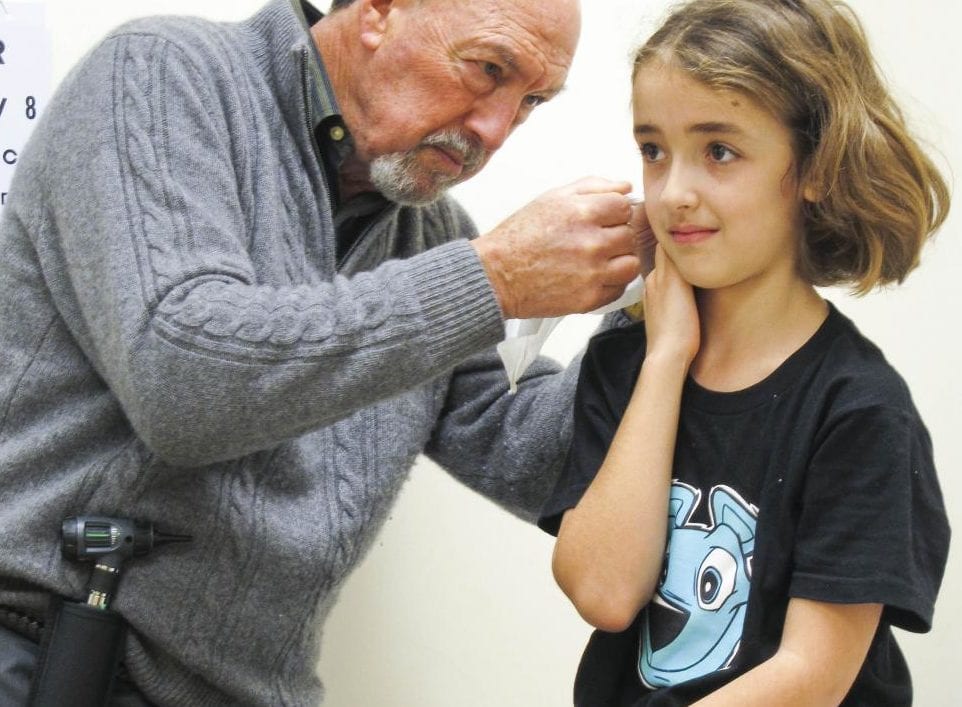The Importance of Interpersonal Skills:
A lesser known factor to get into medical school
It is a well-known fact that medical school is difficult to get into. Last year, approximately 3% of people who applied to medical school got in. Unfortunately, many of the people who were rejected were qualified candidates who would have been good medical students and excellent physicians. Their problem was that they did not understand how the medical school selection process works. Because of their lack of understanding, they failed to optimize their application in a way that would help them get into medical school.
One of the most prevailing myths about medical school admissions is that having a high grade point average, and a competitive score on the Medical College Admissions Test (MCAT) is all that is required to get into medical school. Although this may have been true in the past, this is no longer the case. More and more, medical schools are requiring that their students be more than smart. There are many reasons for this changing trend. First, although we often do not like to admit it, medicine is a business. In order to succeed, doctors must make their customers (their patients) happy. Consumers of medicine have become less tolerant of the highly-skilled but aloof physician who does not answer their questions. Multiple surveys have shown that patients rate a physician’s communication skills and bedside manner as very important. In addition, it has been found that a patient who has a good rapport with their physician is less likely to make a malpractice claim, regardless of their health outcome. In response, hospital administrations have been emphasizing creating a positive experience for patients. Many hospitals have adopted patient-centered policies; such as including the patient in daily rounds and holding doctors accountable for patient satisfaction surveys. Because medical schools are directly responsible for supplying new doctors to hospitals and outpatient clinics, it is in their best interest to follow the trends in consumer medicine. Because patients demand a caring physician with good communication skills, medical schools look for these qualities in prospective students.
Another reason that grades and test scores alone are no longer sufficient to get into medical school is because medical schools want their students to succeed. Medical schools are rated on the quality of residency programs their students match into. Therefore, if a significant number of students fail to complete their program, it reflects badly on a medical school. Over the past several years, medical schools have come to the realization that students who have issues that prevent them from graduating most often have interpersonal skills problems rather that academic difficulties. Furthermore, medical schools have found that it is much easier to help a student who is struggling academically than it is to teach a student interpersonal skills that they lack. For this reason, medical schools now place a strong emphasis on interpersonal skills when they are selecting their incoming class.
Finally, medicine is a difficult occupation. A physician often works long hours, deals with stressful situations, sees people at the lowest points in their lives, and deals with tragedy more frequently than most other people. As a result, physicians are especially susceptible to burnout, depression and suicide. Approximately 350 physicians in the United States die by suicide each year. Physicians are 1.5 times more likely to die as a result of suicide than the general population. Medical schools are working to reduce this unfortunate problem. Many schools are now providing easy access to free and confidential mental health services to their students. They are also working to remove the stigma of seeking treatment for mental health concerns. In addition, schools are attempting to admit students who have the skills to cope with the stresses of medicine. Having interests outside of medicine is a great protector against burnout. Medical students and doctors who engage in hobbies outside of work report less burnout and are less likely to become depressed.
Academic achievement is no longer sufficient to guarantee that you will get into medical school. In order to beat the odds, you will need to strategically optimize your application for success. While grades and test scores are certainly important, you will need to highlight your interpersonal and communication skills if you want to succeed. Code Blue Essays is proud to present the Medical School Admissions Secrets webinar which will give you instructions on how to best optimize your medical school application. The program will discuss which interpersonal skills are most valued by medical schools. It will also discuss how the medical school application process will change in the future, and how you can take advantage of this change now. In addition, webinar attendees will have the opportunity to ask questions directly to a physician and medical school admissions expert.
The live webinar is now over, but you can watch the recording below!





